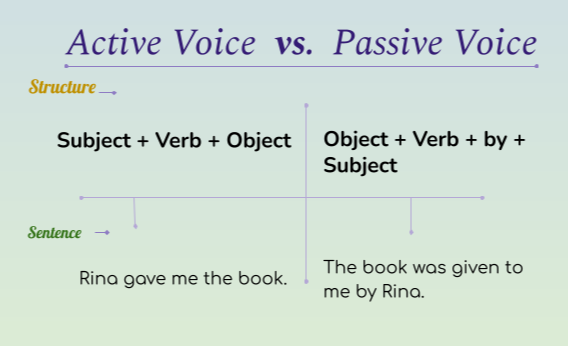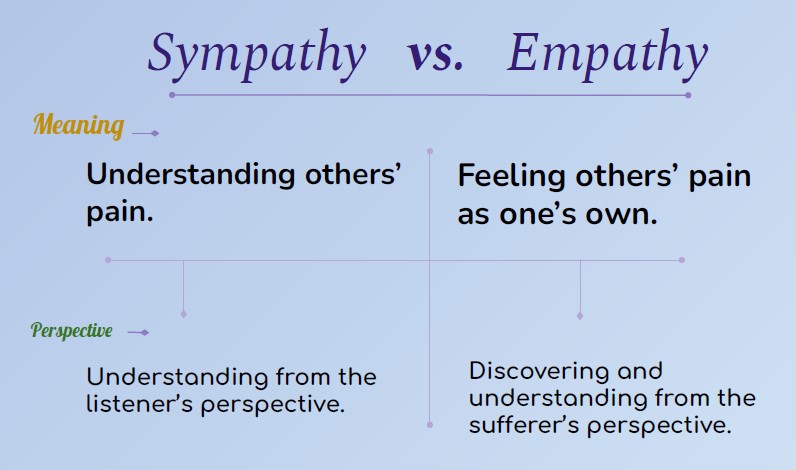One VS You
If the word “one” is used in a sentence to refer to any particular person then the following pronoun should be one, he or she to refer that same person. It is important to keep in mind that if “one” is used at the beginning of the sentence then it cannot be followed up by “you” or “them”. Because the word “one” refers to third person singular number whereas “you” refers to second person singular number and “they” refers to third person plural number.
So, it would mean the disruption of agreement between the noun and the subsequent pronoun which is unacceptable. Similarly, if the word “you” is used at the beginning of a sentence to refer to someone then the subsequent pronoun must also be you to refer that same person.
We cannot use he/she or them or one as the subsequent pronoun because the word “you” means second person singular number whereas he or she means third person singular number and ‘one’ or ‘they’ means third person singular or plural number.
For Example:
| If one can afford something better, they should consider buying it. | Incorrect |
| If one can afford something better, you should consider buying it. | Incorrect |
| If one can afford something better, he/she should consider buying it. | Correct |
| If one can consider something better, one should consider buying it. | Correct |
| One should always keep their promises. | Incorrect |
| One should always keep your promises. | Incorrect |
| One should always keep his/her promises. | Correct |
| One should always keep one’s promises. | Correct |
| If you know the best way, he/she should always follow it. | Incorrect |
| If you know the best way, they should always follow it. | Incorrect |
| If you know the best way, you should always follow it. | Correct |
| You can never achieve success if they don’t work hard regularly. | Incorrect |
| You can never achieve success if he/she don’t work hard regularly. | Incorrect |
| You can never achieve success if you don’t work hard regularly. | Correct |
| You should always believe in himself/herself. | Incorrect |
| You should always believe in themselves. | Incorrect |
| You should always believe in yourselves. | Correct |
Grammar
Read More
- How to Use "Therefore" in Sentences Avoiding Common Mistakes
- How to Use "Whereas" with Examples and Avoid Common Mistakes
- When and How to Use "Thus" Correctly Without Common Mistakes
- How to Use "On the Contrary" Properly with Meaning and Examples
- When and How to Use "Either/Or" with Examples and Common Mistakes to Avoid
- How to Use "On the Other Hand" Effectively without Mistakes
- How to Use "Respectively" with Example and Common Errors to Avoid
- How and When to Use "Moreover" Without Mistakes
- How to Use "Likewise" in Sentences Based on Context & When not to Use
- When & How to Use "Although" in Sentences to Avoid Mistake



